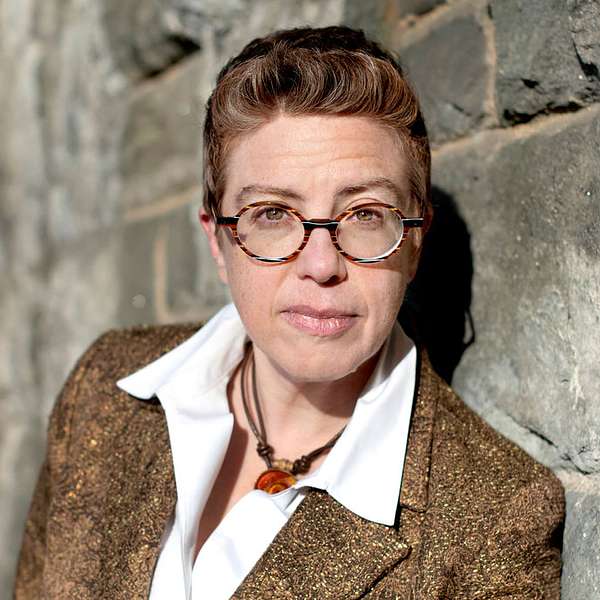
Speaking Out of Place
Public activism on human rights, environmental and indigenous justice, and educational liberation, with an emphasis on politics, culture, and art. Website:
https://speakingoutofplace.com/
Speaking Out of Place
Race, Violence, and For-Profit Prison: A Conversation with Robin Bernstein
Today we speak with Harvard professor Robin Bernstein about her new book, Freeman’s Challenge: The Murder that Shook America’s Original Prison for Profit. While researching a book to develop her earlier interests in race and childhood, Bernstein came across the case of Afro-Indigenous teenager William Freeman, who in the late 19th century was convicted of stealing a horse and sentenced to five years in the federal prison in his home town, Auburn, New York. Forced to work for only nominal pay, beaten so much he lost the hearing in one ear, when released Freeman had the audacity to sue to recover lost wages. He stated repeatedly, “I am not going to work for nothing,” meaning both that he had not committed the crime he was convicted of, and that as a free man, he was not going to work for nothing. Bernstein’s book quickly became about the intimately connected stories of Freeman and Auburn prison, about the ways the prison insinuated itself into the town’s economy. So much so that any one who might testify against Freeman would likely be compromised by the way they benefitted financially from the prison. This remarkable study has everything to do with today’s abolitionist movement, and Bernstein tells how, in the course of writing this book, she herself became an abolitionist.
Robin Bernstein is the Dillon Professor of American History and Professor of African and African American Studies and of Studies of Women, Gender, and Sexuality at Harvard University. Her previous books include Racial Innocence: Performing American Childhood from Slavery to Civil Rights, which won five awards. Her new book, Freeman's Challenge: The Murder that Shook America's Original Prison for Profit, was written with support from the National Endowment for the Humanities and the Radcliffe Institute for Advanced Study. She has published in the New York Times, African American Review, Social Text, J19: The Journal of Nineteenth-Century Americanists, and many other venues. She recently published the forgotten 1897 slave narrative of Jane Clark, who liberated herself from slavery in Maryland by undergoing an arduous three-year journey that ended in Auburn, New York in 1859. The full text of the narrative, along with annotations and an introduction, was published in Commonplace.

